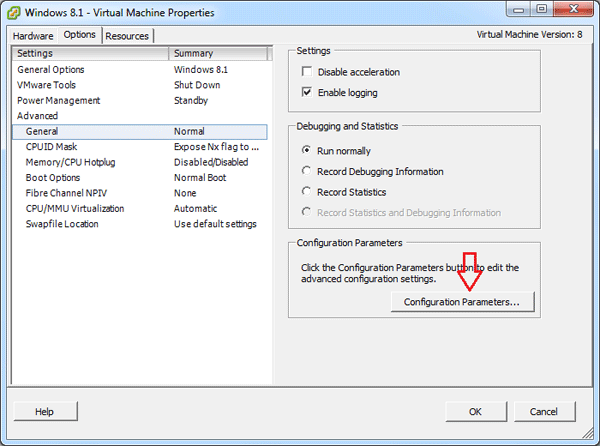

Want to promote something within the community? Message the mods first with your proposal, and we'll decide if it's too spammy or not.ĭon't be a jerk. Brazen marketing material is also generally unwelcome. within a short period of time will be considered spam. Repeatedly submitting links to the same blog/YouTube channel/etc. Don't submit links to blogspam or other low-quality content. Spammers will be banned this sub will not become a marketing cesspit for vendors. Off-topic posts may be locked or removed. Keep post submissions relevant to VMware.

Support requests involving Mac OS on unsupported hardware (not a Mac) or software (VMware Workstation or VMware Player) will be removed, and will result in a ban. This includes discussion of 'unlocker' or other methods used to violate the Mac OS EULA by running Mac OS on non-Apple hardware.

Expect posts facilitating or promoting piracy to be removed.
VMWare ESX support for Windows Server 2012 | - a technical question? Just make a self post!ĭiscussion of piracy methods will not be permitted. This entry was posted in CentOS, Debian, FreeBSD, Guest OS, Linux, Oracle Linux, Red Hat Enterprise Linux, SUSE Linux Enterprise, Ubuntu, Windows on Septemby Guest OS Team.Įxplore guest and host operating system compatibility VMware Compatibility Guide Recent Comments More information on support levels are available at įor more information about software support, please check the VMware Compatibility Guide VMware support does not provide assistance with any issues relating to this operating system release. If you are currently running a guest operating system that is at the Terminated support level, VMware recommends moving to a newer release immediately. All 16-bit Windows releases (Windows 98, Window 95 and Microsoft DOS). SUSE Linux Enterprise 9 SP0, 9 SP1, 9 SP2 and 9 SP3. SUSE Linux Enterprise 10 SP0, 10 SP1 and 10 SP2. The release of vSphere 5.5 announces the following guest operating system releases are no longer supported:







 0 kommentar(er)
0 kommentar(er)
